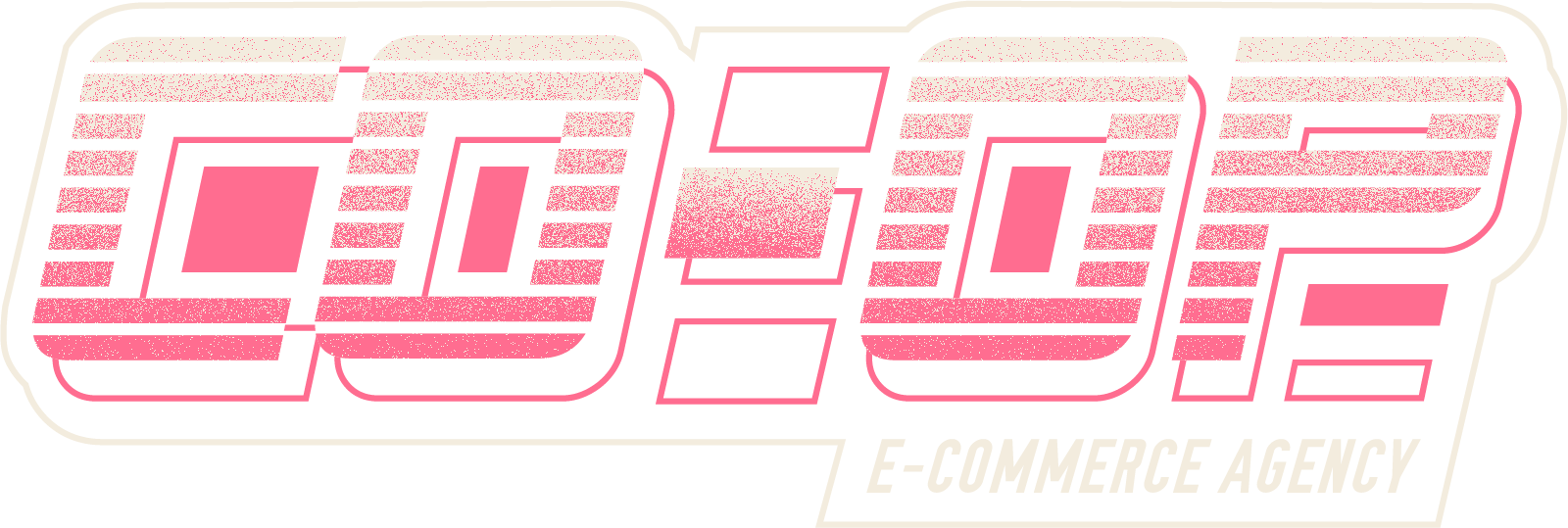Vikten av ett bra innehållshanteringssystem (CMS) i dagens digitala värld
I dagens digitala värld kan vikten av ett bra innehållshanteringssystem (CMS) inte underskattas. Ett CMS är en mjukvaruapplikation som gör det möjligt för användare att skapa, hantera och publicera digitalt innehåll, vanligtvis på en webbplats. Det erbjuder ett användarvänligt gränssnitt som gör att även personer utan teknisk bakgrund kan skapa och publicera innehåll utan att behöva omfattande kunskap om HTML eller andra webbaserade teknologier.
I denna artikel kommer vi att gå igenom vad ett CMS är, vem det är till för och vilka fördelar det innebär att använda ett.
Vad är ett CMS?
Ett CMS är en applikation som förenklar processen för att skapa och hantera innehåll. Det ger en plattform där även icke-tekniska användare kan skapa, redigera och publicera innehåll utan att behöva specialiserade tekniska kunskaper. Innehållet kan bestå av text, bilder, ljud, video eller annan digital media.
Ett CMS består vanligtvis av två delar:
- Back-end: Det administrativa systemet där innehåll hanteras. Det inkluderar funktioner som användarhantering, innehållsskapande, redigering, arbetsflödeshantering och publicering.
- Front-end: Den del av webbplatsen som besökare ser. Den ansvarar för att presentera innehållet på ett visuellt tilltalande och användarvänligt sätt.
Vem är ett CMS till för?
Ett CMS passar alla som vill skapa och hantera digitalt innehåll. Detta inkluderar:
- Småföretagare
- Bloggare
- Ideella organisationer
- Stora företag
Ett CMS är en kostnadseffektiv och smidig lösning, särskilt för dem som saknar omfattande teknisk kompetens. Det gör det möjligt för företag att snabbt och enkelt skapa samt publicera innehåll, vilket kan stärka deras närvaro online och hjälpa dem att nå en bredare publik.
Fördelar med att använda ett CMS
Användarvänligt gränssnitt – Ett CMS gör det enkelt för icke-tekniska användare att skapa och publicera innehåll utan omfattande tekniska kunskaper.
Tidsbesparande – Ett CMS effektiviserar arbetsflödet för innehållsskapande och hantering. Det gör processen för att skapa, redigera och publicera innehåll smidigare, vilket sparar tid och låter företag fokusera på andra viktiga uppgifter.
Kostnadseffektivt – Ett CMS eliminerar behovet av att anlita en webbutvecklare eller designer, vilket kan vara dyrt. Dessutom är det en skalbar lösning som gör det möjligt att hantera innehållstillväxt utan stora kostnader.
SEO-vänligt – Ett CMS erbjuder verktyg för att optimera innehåll för sökmotorer, vilket kan förbättra webbplatsens ranking på sökresultatsidor (SERP) och locka fler besökare.
Hög anpassningsbarhet – Ett CMS kan skräddarsys efter specifika behov, vilket gör det möjligt för företag att skapa en unik digital närvaro och sticka ut från konkurrenterna.
Slutsats
Sammanfattningsvis är ett CMS ett oumbärligt verktyg för företag och organisationer som vill skapa och hantera digitalt innehåll. Det erbjuder ett användarvänligt gränssnitt som gör det enkelt att publicera innehåll snabbt och effektivt, även utan teknisk expertis. Ett CMS kan spara tid, vara kostnadseffektivt, SEO-vänligt och högst anpassningsbart. Det är ett utmärkt val för småföretagare, bloggare, ideella organisationer och stora företag. Om du vill hantera digitalt innehåll på ett smidigt sätt är ett CMS definitivt värt att överväga.
Välkommen att kontakta oss!
Vi står redo att hjälpa er med allt från vidareutveckling till nystart av e-handel eller i valet om byte av plattform.
Mail: whatsup@co-op.se
Adress: Strömstadsvägen 44, Uddevalla





